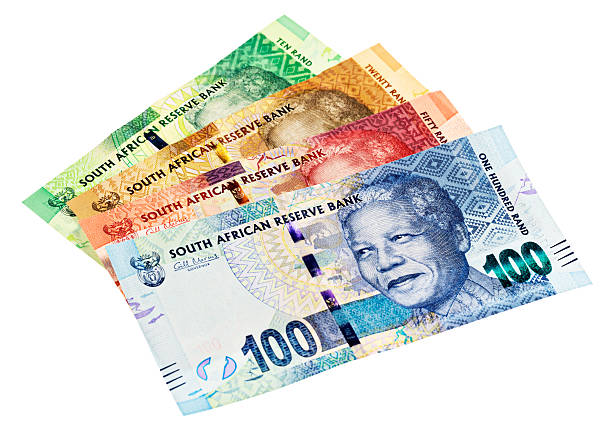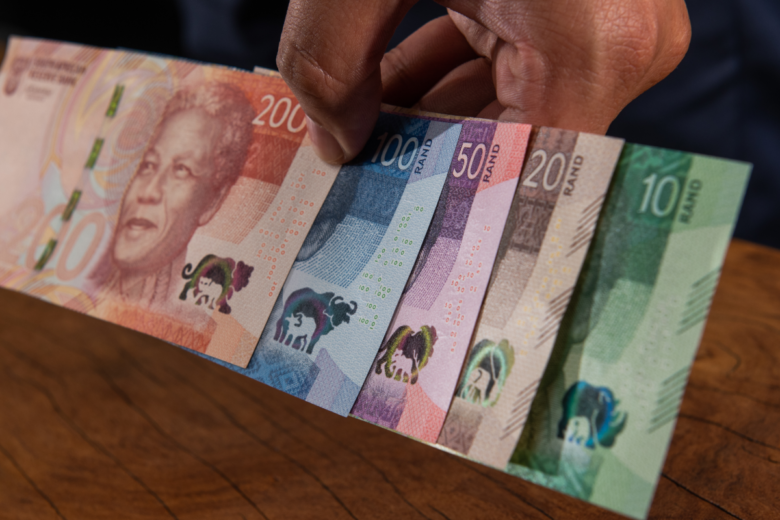A new banknote issued by the South African Reserve Bank has been in the news after a spelling error was noted on it. South African economic news website BusinessTech and other news outlets reported the story.
The newly issued notes have enhanced security features, a slightly darker colour and an upgraded design.

Like the old notes, the front features the late former President Nelson Mandela, South Africa’s first democratically elected president, and the back features South Africa’s Big Five animals (rhino, elephant, lion, buffalo and leopard), but the new notes show the child of each animal snuggled up to an adult animal. Also like the old notes, the words ‘South African Reserve Bank’ are printed in one of the 11 official languages in two places on the notes. One of these, Xitsonga, which is printed in the lower left-hand corner of the new 100 rand banknote, was pointed out by a community that speaks this language as having a spelling error.
The old banknotes had “BANGINKULU” in Tsonga, while the new banknotes had “BANGIKULU” with the “N” removed. According to the Pan South African Language Board, which was responsible for the translation, the “N” only appears when referring to an individual and not when referring to an institution, so the “N “BANGINKULU” on the old banknotes with the “N” was more erroneous, he explained.
Tsonga is spoken throughout southern Africa, with particular concentrations in Zimbabwe, Mozambique, Swaziland and South Africa. In South Africa, Tsonga is spoken by 4% of the population, or approximately 2.3 million people, forming the eighth largest language group in South Africa. Tsonga is mainly spoken in the Limpopo Province in north-eastern South Africa, although regional usage varies slightly, with the Tsonga spoken in the Malamulele district of Limpopo Province being correct in not using the ‘N’ word, According to speakers from other Tsonga-speaking communities, the meaning of the word changes when the “N” is taken out. They also argue that the Tsonga language without the “N” is less common and that the one used by the larger community should be used, and call for the new banknotes to be reverted to the previous notation. Some have also blamed the lack of proper consultation with language experts as the real cause of the current situation.
On social networking sites, people have said, “It’s South Africa, a spelling mistake doesn’t surprise me”, “You could have used a free spell checker”, “It’s not a spelling mistake, it’s a struggle in the Tsonga community”, “South Africa is not that far off. We have many more serious problems”; and comments such as.


コメント